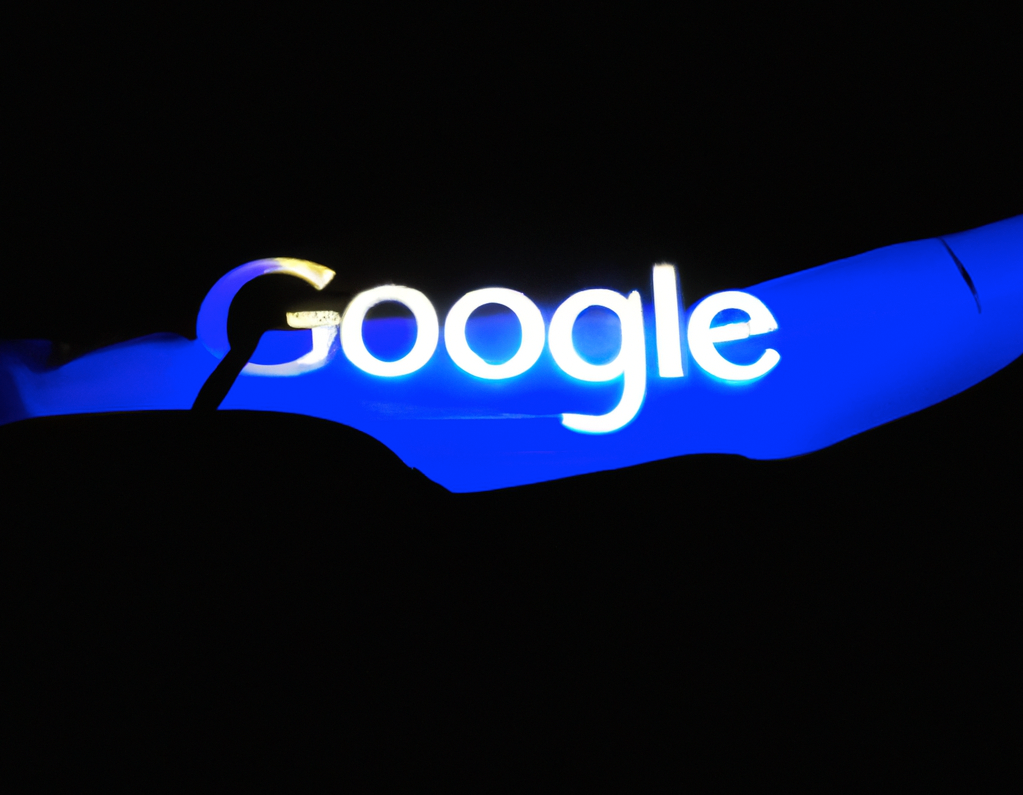The Digital Landscape and Google’s Dominance
The internet has always been a vast ocean of information, and search engines have been our compass. From the early days of Altavista and Lycos to the dominance of Google, the way we search and consume information has evolved dramatically. Today, Google stands as the undisputed king of search, commanding a staggering 91% of the search market. But with great power comes great responsibility, and Google’s latest experiment, the “Search Generative Experience” (SGE), has raised eyebrows and concerns in equal measure.
SGE: A Revolutionary or Controversial Move?
When Google first introduced SGE in a limited beta, the digital community was abuzz with curiosity. This wasn’t just another algorithm update; it was a fundamental shift in how search results were presented. Instead of merely listing links, Google’s AI began crafting content. At first glance, this seemed groundbreaking. But as users delved deeper, they realized that this content wasn’t original. It was a patchwork of snippets pulled from various websites, sometimes without any alteration.
The User Experience with SGE
For those who had access to the beta, the search experience was markedly different. The familiar list of blue links was overshadowed by AI-generated answers, shopping suggestions, and other elements. In some instances, the genuine search results were pushed so far down that users had to scroll extensively to find them. This raised the question: Was Google still a search engine, or was it morphing into an answer engine?
Content Duplication and Attribution Issues
The most glaring concern with SGE was its approach to content. In many cases, the AI-generated answers mirrored content from linked articles, sometimes word for word. For instance, a tech enthusiast searching for a CPU comparison might find an SGE answer that borrowed phrases from a Tom’s Hardware article, mixed with sentences from another source. While these sources were sometimes mentioned as related links, the direct attribution was often missing. This blurred the lines between curation and plagiarism.
Challenging the Notion of Authority
In the world of digital content, authority matters. Readers trust sources that have proven their expertise and credibility over time. But SGE’s approach seemed to challenge this notion. By not explicitly citing sources, it left users guessing about the origin of the information. Was the AI now the expert? Or was it merely a conduit, funneling information without understanding context or nuance?
Implications for the Broader Digital Ecosystem
The potential widespread adoption of SGE could send ripples across the digital landscape. Publishers, especially those who rely on Google for a significant chunk of their traffic, could see their visitor numbers dwindle. This could lead to reduced ad revenues, challenges in maintaining content quality, and even the shuttering of some online outlets. A more homogenized web, with fewer diverse voices and less in-depth content, could be the unintended consequence.
Navigating the Uncertain Future
With the future of SGE still up in the air, publishers are grappling with uncertainty. Diversifying traffic sources, enhancing user engagement, and building loyal communities might be the way forward. For users, it’s a reminder that while AI can provide quick answers, genuine insights often come from human experts who dedicate time and effort to their craft.
Concluding Thoughts
Google’s SGE experiment is a testament to the ever-evolving nature of the web. As we stand at this digital crossroads, it’s crucial to champion originality, value human expertise, and ensure that the internet remains a vibrant, diverse space for knowledge and discovery.




